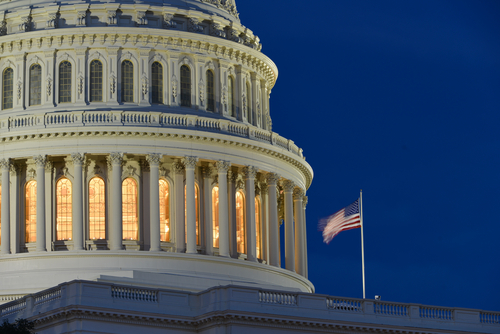Congressional immunity grant could 'muck up' Mueller probe, says author of special counsel rules

Shutterstock
Special counsel Robert Mueller’s probe of Russia’s attempts to influence the 2016 election could still be thwarted by President Donald Trump or congressional investigations, according to the lawyer who wrote the special counsel regulations.
The regulations are nonetheless “the best mechanism we have” to get to the truth when the Justice Department faces a conflict of interest or an appearance of impropriety, writes Neal Katyal in the Washington Post.
Katyal is a Hogan Lovells partner and former acting solicitor general who wrote the regulations in 1999 when he was a lawyer in the U.S. Justice Department. The special counsel regulations replaced the independent counsel law, which expired in 1999 amid criticism that it gave so much independence to prosecutors that they had no accountability.
The president has full prosecution power under Article II, Katyal says. Under the regulations, Trump could order Deputy Attorney General Rod Rosenstein to fire Mueller, or he could order the repeal of the special counsel regulations and fire Mueller himself.
Second, Katyal writes, “Congress could muck up Mueller’s investigation” through grants of immunity.
Immunity doesn’t prevent criminal charges, but prosecution could be difficult because of a 1990 ruling by the U.S Court of Appeals for the D.C. Circuit, Katyal says. The decision overturned the conviction of Oliver North in the Iran-Contra investigation because of a congressional immunity grant. The appeals court reasoned that the independent counsel may have benefited by the fruits of North’s immunized congressional testimony.
If a congressional committee were to give immunity to former National Security Adviser Michael Flynn, for example, his prosecution would be impossible, Katyal concludes.
“There is a possible silver lining in this scenario, though: If Flynn was given immunity, he would have to testify, including against higher-ups, as he would no longer have any rights to refuse to testify to protect himself against self-incrimination. So even if Mueller can’t get Flynn, he might be able to convict someone else, including potentially a bigger fish,” Katyal writes.



